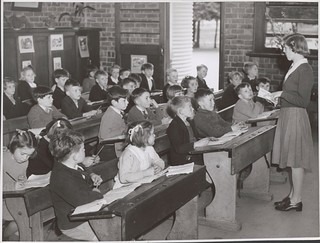“Practitioner enquiry, as defined by Menter et al (2011), is a ‘finding out’ or an investigation with a rationale and approach that can be explained or defended.” – GTCS Website
Throughout our time as students, and also as qualified teachers, we will be expected to expand our learning and thoughts about various aspects of school life.
By becoming an enquiring practitioner, I believe that I will benefit from many different viewpoints and opinions. One major benefit would be that you are able to discuss your ideas with other people. I find this can be very beneficial because people will be able to give their opinion on your interpretation and this means that you can work together to figure out what would be the best idea for that situation. This will definitely help when I am a student teacher because the teacher I am with on placement will be able to discuss with me about topic regarding the class.
However, becoming an Enquiring Practitioner does not come without its challenges. One major challenge could be that the group would get off topic. This means that the main point of the discussion is being missed due to the conversation being diverted to a different topic. Therefore, by getting off the subject, the group may end up spending more time focusing on things that are no longer beneficial to the actual topic. I think this would be a challenge to me as a student teacher because I will have many questions and when I discuss these with my placement teacher there is a high possibility that I will end up off the original topic.
References:
http://www.gtcs.org.uk/professional-update/practitioner-enquiry/what-is-practitioner-enquiry.aspx – cited 4/11/15


